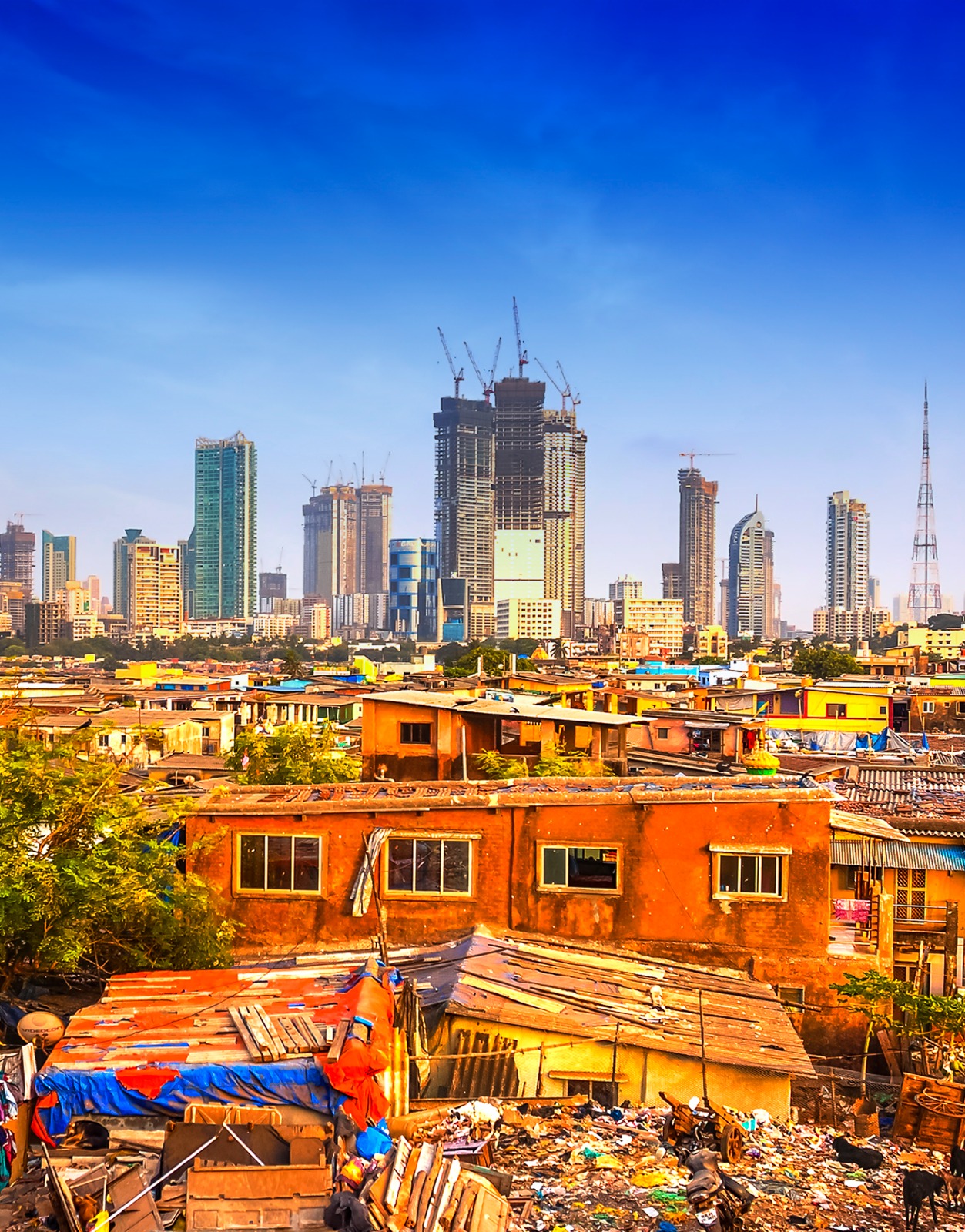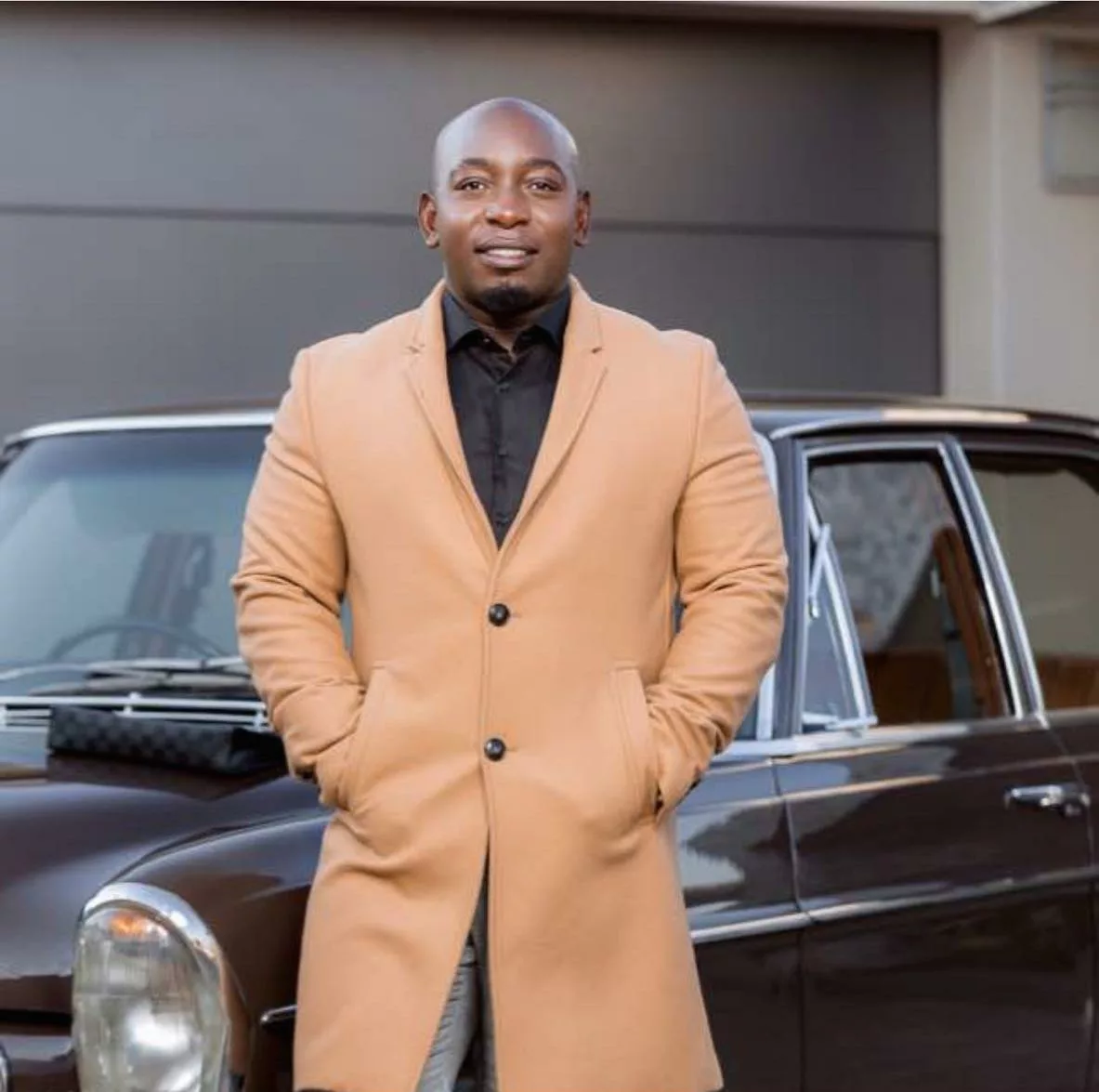|
Getting your Trinity Audio player ready...
|
- Africa’s richest 1 percent own nearly half of the continent’s total financial wealth.
- A tax of up to 5 percent on Africa’s super-rich could generate an annual amount of $11.9 billion, nearly enough to pay for the 2023 humanitarian requirements for Eastern and Southern Africa
- Oxfam urges a new era of public action, including public services, corporate regulation, breaking up monopolies and enacting permanent wealth and excess profit taxes.
Africa’s seven richest men own more wealth ($52 billion) than the 700 million people who make up the poorest half of the continent’s population, reveals a new Oxfam report on inequality and global corporate power.
“Inequality Inc.”, published today as business elites gather in the Swiss resort town of Davos, finds that seven out of ten of the world’s biggest corporations, some with significant presence in Africa, have a billionaire as CEO or principal shareholder. These corporations are worth $10.2 trillion, equivalent to nearly four times the combined GDPs of all African countries.
‘‘Our rigged economies are benefiting the super-rich while governments are struggling to provide crucial public services like healthcare and education to Africans across the continent. Governments must step up and ensure corporations stop squeezing workers, dodging tax, and plundering our planet in their quest for massive profits. If left unchecked, these corporations will continue to widen the inequality gap,’’ said Oxfam in Africa Director Fati N’zi-Hassane.
The past three years’ supercharged surge in extreme wealth has solidified while global poverty remains mired at pre-pandemic levels.
- The world’s five richest men have more than doubled their fortunes from $405 billion to $869 billion since 2020 —at a rate of $14 million per hour— while nearly five billion people have been made poorer. If current trends continue, the world will have its first trillionaire within a decade, but poverty will not be eradicated for another 229 years.
- Billionaires are $3.3 trillion richer than in 2020, and their wealth has grown three times faster than the rate of inflation.
- Despite representing just 21 percent of the global population, rich countries in the Global North own 69 percent of global wealth and are home to 74 percent of the world’s billionaire wealth.
- Aliko Dangote, Africa’s richest person, holds a “near-monopoly” on cement in Nigeria. He owns Dangote Cement, which has enjoyed some of the world’s highest profit margins on cement (45 percent), while paying a tax rate of 1 percent over 15 years.
- In Nigeria, Aliko Dangote owns more wealth than the bottom half of Nigerians (109 million people). Dangote and Abdulsamad Rabiu, the country’s second richest man, have increased their fortunes by 29 percent since 2020 while the bottom 99 percent have become poorer.
- South Africa is the most unequal country in the world. The country’s billionaires’ combined wealth has increased by a third since 2020, while the bottom 99 percent have become poorer. The country’s four richest billionaires have as much wealth as the bottom 60 percent of the population (36 million people).
- The richest 125 Kenyans have more than twice as much wealth as the bottom half, or 27 million. The richest 1 percent own 57.6 percent of the country’s total financial wealth.
- Zimbabwe’s only billionaire has increased his fortune by nearly 40 percent since 2020.
The report shows how a “war on taxation” by corporations has seen the effective corporate tax rate fall by roughly a third in recent decades, while corporations have relentlessly privatized the public sector and segregated services like education and water. African countries are nearly twice as reliant as OECD countries on revenue from corporate income tax to fund their public spending. An estimated $200 billion is lost annually due to corporate tax avoidance, with Global South countries tending to suffer the impacts disproportionately.
Meanwhile, people worldwide are working harder and longer hours, often for poverty wages in precarious and unsafe jobs. The wages of nearly 800 million workers have failed to keep up with inflation and they have lost $1.5 trillion over the last two years, equivalent to nearly a month (25 days) of lost wages for each worker.
‘‘African governments don’t need magic to create a more equal Africa. They just need to do their job. They must shut down the open bar of resource plundering, break up monopolies, tax the super-rich and use these resources to invest in inequality-busting policies,’’ said N’zi-Hassane.
Oxfam is calling on governments to rapidly and radically reduce the gap between the super-rich and the rest of society by:
- Revitalizing the state. A dynamic and effective state is the best bulwark against extreme corporate power. Governments should ensure universal provision of healthcare, education, and social protection and explore public goods and public options in sectors from energy to transportation.
- Reining in corporate power, including by breaking up monopolies and democratizing patent rules. This also means legislating for living wages, capping CEO pay, and new taxes on the super-rich and corporations, including permanent wealth and excess profit taxes. Oxfam estimates that a wealth tax on the world’s millionaires and billionaires could generate $1.8 trillion a year.
- Reinventing inclusive and sustainable business. Competitive and profitable businesses do not have to be shackled by shareholder greed. Democratically owned businesses better equalize the proceeds of the business.






